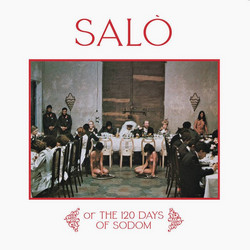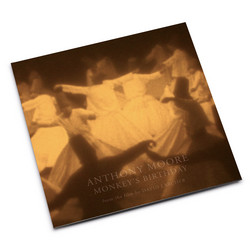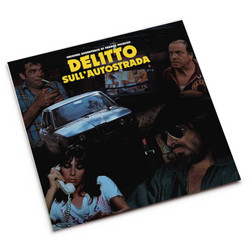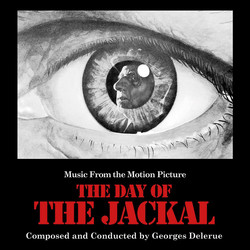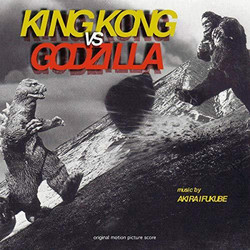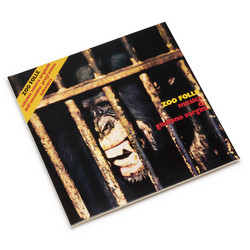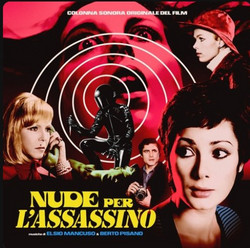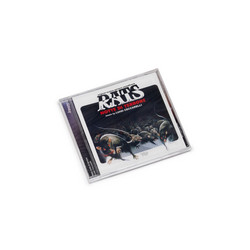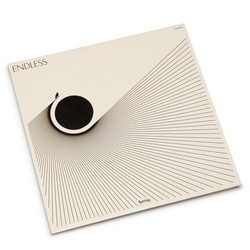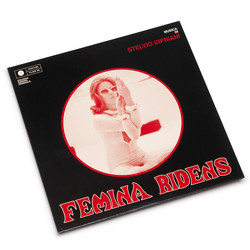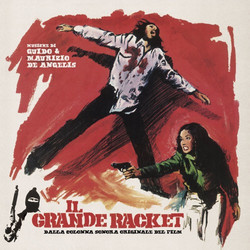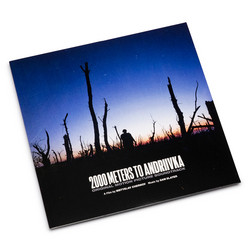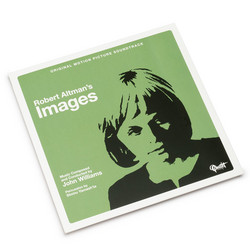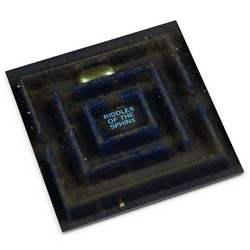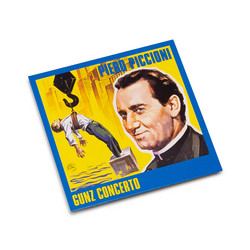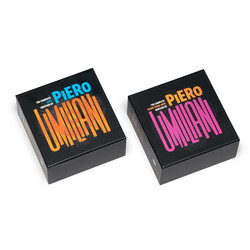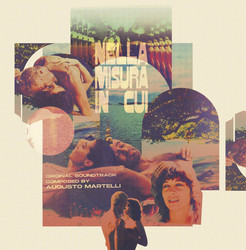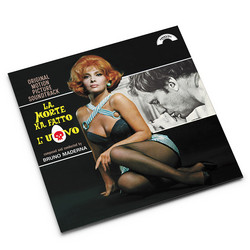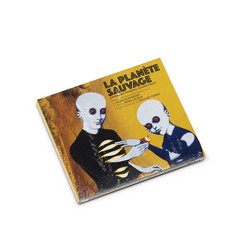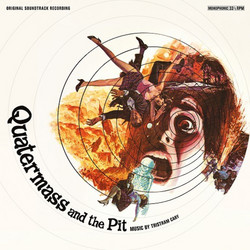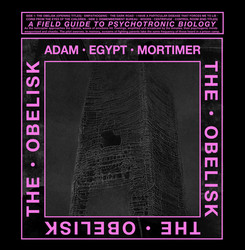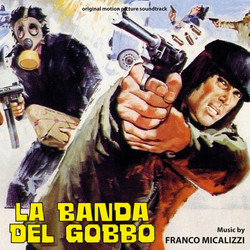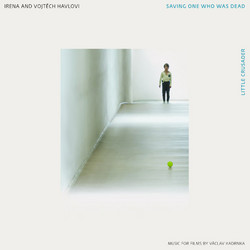Irena Havlovi, Vojtěch Havlovi
Saving One Who Was Dead / Little Crusader (LP)
Music for movies by Václav Kadrnka "Absence of the loved one is a theme running through both films, but during the creative process we never discuss with the Havels the themes, symptoms or attributes of the characters. We do not specify any meanings. Our collaboration is intuitive, based on interconnectedness. We neither explain things to each other nor analyse. From the outset we have a common goal: to quieten the viewers’ perception, to attune them to certain vibrations by visual, musical and acoustic repetitions, thus enabling them to focus on every tiny detail, every subtle aesthetic quality, so that by the end of the film they have a sense of reconciliation. In fact it is a state similar to meditation or prayer. The aim is being shown Mercy. Each time, the linking of the filmed images with Irena and Vojtech’s music has uncovered a new quality that we have named: a commentary on eternity. Characters cease to be determined by their senses, psychological motivations, or the times they live in. They find liberation in the stream of eternal time."
/Václav Kadrnka
"We would like to thank all our friends, sound engineers and musicians. The main thanks goes to director Václav Kadrnka, his family and all his collaborators for the precious opportunity to assist them in creating both films.
We have worked on our music for the film Saving One Who Was Dead for three years. We met with Václav, discussed the screenplay while it was being born and many other things. We have gradually prepared several working versions that included compositions for piano, Indonesian gamelan, gongs, Tibetan bowls, bells and mini-bells. Yet, step by step, we made it simpler and simpler and eventually
only kept violas da gamba, organ and chanting. Everything else was redundant. We made most of the recordings of the compositions for viola da gamba in a church in Prague. The composition for organ was
recorded in Milan where we performed a concert shortly before the pandemic arrived in December 2019. We tried to record it in various churches in Bohemia but it was not until the church in Milan that we
found the best sounding organ.
As for Little Crusader, we recorded the music for the film after it was completed. We had several versions and used the piano version for this album. Together with Václav, we searched for instruments that would work the best for this Medieval story. Eventually, we opted for harmonium with simple chanting which accompanies the character little boy Jenik. Violas da gamba intertwine, move close and then apart from each other the same way as paths of little boy Jenik and his father who is searching for him. Simple chanting and Tibetan bowl accompany scenes with little boy Jenik’s mother who awaits them at home. Trombone and saxophone are like metal swords and the knights’ armor. Violoncello and viola da gamba walk in the rhythm of horse’s hooves, in the rhythm of heartbeat of both the horse and his rider – a father searching for his lost son."
/ Irena and Vojtěch Havlovi
